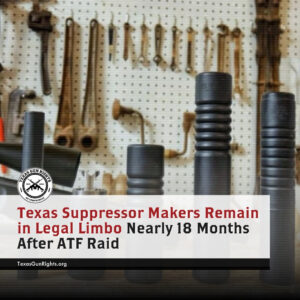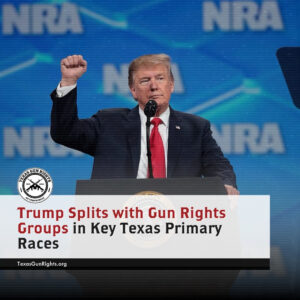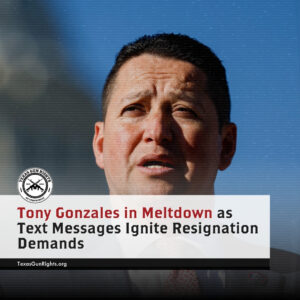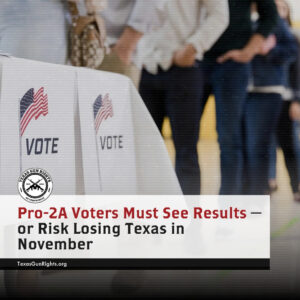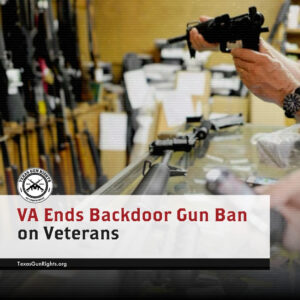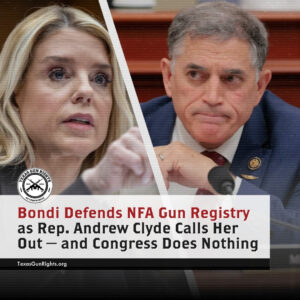The U.S. Department of Justice, under President Donald J. Trump, has filed an amicus brief urging the U.S. Supreme Court to grant review in Wolford v. Lopez, a major Second Amendment case that challenges Hawaii’s unprecedented restriction on carrying firearms on private property open to the public.
The move marks a strong signal from the Trump administration in defense of the right to bear arms, as defined by the Court’s 2022 decision in New York State Rifle & Pistol Association v. Bruen.
The petitioners in Wolford are three Hawaii residents who hold concealed carry permits but argue they are effectively barred from exercising their rights due to Hawaii’s “default prohibition” on public carry.
The state’s law—passed in the wake of Bruen—makes it illegal to carry a firearm onto any private property open to the public (such as grocery stores, gas stations, parking lots, or retail businesses) unless the property owner posts clear signage granting permission.
This presumption flips long-standing American legal norms. For centuries, lawful carry has been presumed permitted on such premises unless a property owner expressly forbade it.
Hawaii’s law inverts that presumption, criminalizing carry by default unless affirmative permission is posted—something nearly unheard of in the nation’s legal history.
The Ninth Circuit upheld Hawaii’s law in March, but the Trump DOJ’s brief urges the Supreme Court to step in and reverse course, arguing that the policy “effectively nullifies” the public carry right recognized in Bruen.
A De Facto Ban Framed as Property Protection
In practice, Hawaii’s law creates a sweeping de facto ban on carry.
Although concealed carry licenses are technically available in the state, the private property default rule criminalizes carry in virtually all public spaces unless gun owners receive prior permission.
The Trump DOJ’s brief argues that this amounts to an unconstitutional burden on a core civil liberty.
The brief also points to the discriminatory carveouts in the law. Hawaii’s restrictions do not apply to off-duty law enforcement officers, state officials, or certain categories of state-sanctioned individuals.
The DOJ notes that the law targets only firearms—not knives, blunt instruments, or other potentially dangerous items—demonstrating that the state’s intent is not neutral safety enforcement but rather targeted suppression of gun rights.
The administration also highlighted that other courts, including the Second Circuit, have invalidated similar laws in states like New York.
The brief argues that Hawaii’s statute represents a growing pattern of jurisdictions using property law as a tool to undermine constitutionally protected conduct—an approach that is inconsistent with Bruen’s directive to evaluate gun laws through the lens of the nation’s historical tradition.
A National Trend With National Stakes
The Supreme Court’s 2022 ruling in Bruen made clear that states cannot require citizens to prove a special need to carry firearms outside the home.
But some states have responded by erecting new obstacles that functionally reinstate the very bans the Court struck down—using tools like broad sensitive place designations or, as in Hawaii’s case, default prohibitions on private property.
If allowed to stand, these laws could spread rapidly, creating a patchwork of carry restrictions that renders the Second Amendment hollow in practice.
The Trump DOJ’s brief warns that the Court’s intervention is essential to prevent widespread erosion of gun rights through these legal workarounds.
The DOJ’s position in Wolford v. Lopez represents a sharp contrast with the position taken by the Biden administration in other gun-related cases.
Rather than defending state-level gun control measures, the current administration is affirmatively arguing that the Constitution prohibits them—particularly when they transform presumptively lawful behavior into a criminal offense.
Implications for Gun Owners and the Second Amendment
If the Court grants certiorari in Wolford, it could deliver a landmark ruling that cements the practical application of Bruen and places clear limits on how far states can go in restricting public carry.
A favorable ruling would not only strike down Hawaii’s law but likely send a warning to other jurisdictions considering similar default bans.
At a time when violent crime remains a concern across many urban centers, the ability of law-abiding Americans to protect themselves in everyday locations remains central to the promise of the Second Amendment.
The Trump administration’s intervention signals that it views Hawaii’s law as not just constitutionally suspect, but as a serious threat to the foundational rights of millions of Americans.
The Supreme Court is expected to decide in the coming weeks whether to hear the case.
If it does, Wolford v. Lopez could become the most important Second Amendment case since Bruen, and a decisive test of whether the right to bear arms is truly secure in all places where Americans live, shop, and move about freely.


